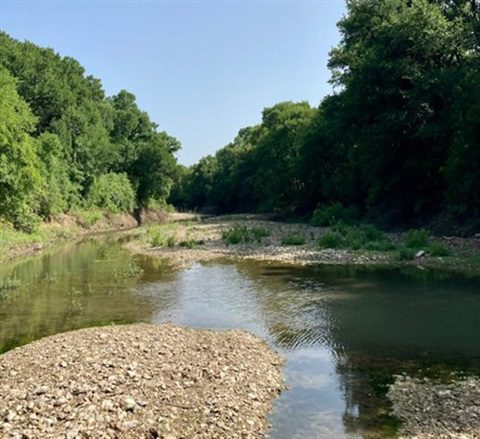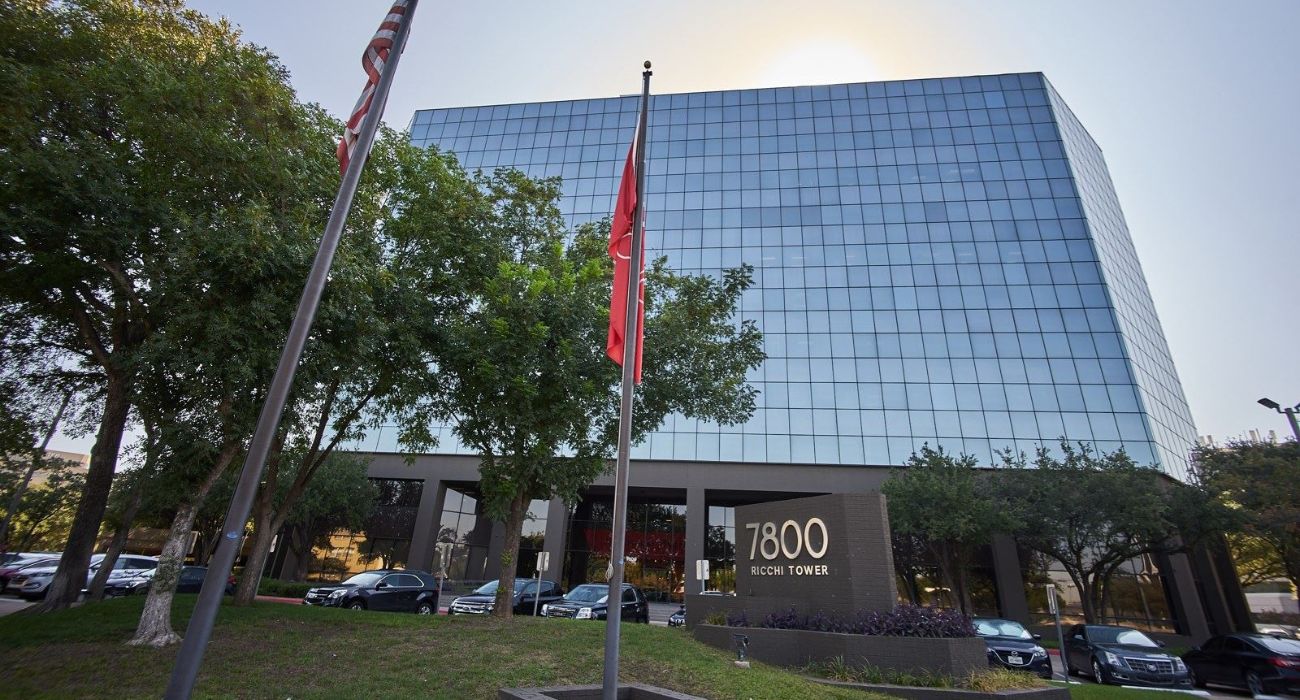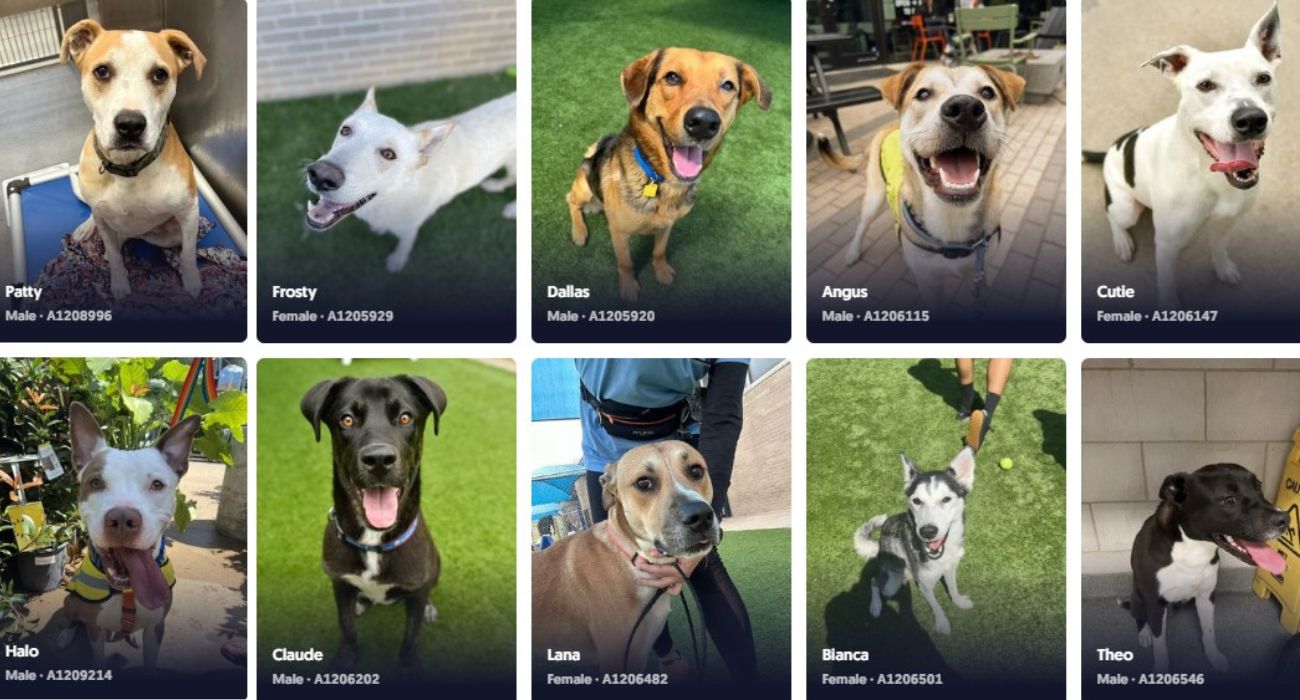Recently, the city of Fort Worth purchased 275 acres in southwest Fort Worth for $6.75 million. The site is southeast of Benbrook Lake and will be called Rock Creek Ranch Park. It will be Fort Worth’s largest community park when it opens.
The park isn’t scheduled for development until 2026, but District 6 Councilmember, Jared Williams, said the purchase represents a big win for the city. He stated that the park represents an opportunity to protect Fort Worth’s “vital prairie ecosystem” while also providing amenities for residents.
“I think that’s important when you think about it from a standpoint of mental and physical health, and also the pride that outdoor spaces generate in people in connection to their sense of place,” said Williams.
He led a program at the Botanical Institute of Texas that connected youth to careers in environmental STEM by exposing them to nature.
According to a statement by the Parks Department, funding will need to be identified before any work on the park can begin. Doing this will allow the department to develop a plan for amenities.
“The uniqueness of this property will enable both traditional park amenities such as picnic areas, sports fields, and other active gathering spaces, as well as native and natural spaces such as trails and interpretive areas,” read the statement.
According to both Williams and the department, 40 acres will be set aside for preservation as part of the city’s Open Space Conservation Program, which is a partnership between the nonprofit Trust For Public Land and the City of Fort Worth.
The Parks Department said the process will be similar to the one that developed Chisholm Trail Park, which has a soccer field, skate park, a community center, and areas for fishing, hiking, and wildlife viewing.
“It creates a sense of pride that we have a role to play in the city’s conservation efforts,” said Williams. He said he would like to see the city partner with nonprofits like the Botanical Research Institute of Texas to offer educational programs at the park.






